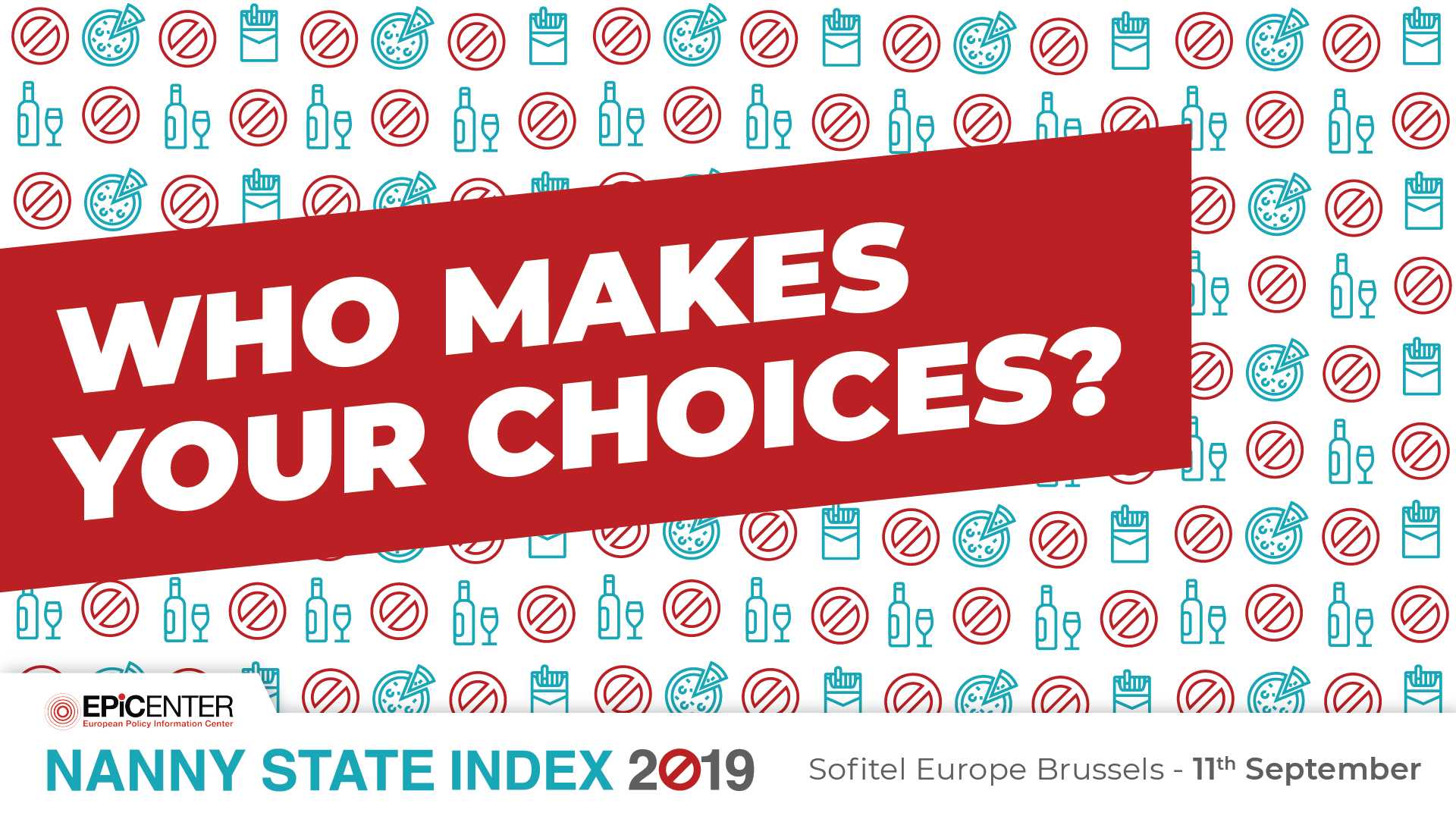
Programme
8.30 – 09.00: Breakfast & Registration
9.00 – 09.30: Keynote and presentation of the Index
Christopher Snowdon, Head of Lifestyle Economics, Institute of Economic Affairs
09.30 – 10.30: Benign paternalism across the EU: does the end justify the means?
Many European countries implemented sugar taxes, plain packing of tobacco products, and other policies that claim to improve the health of their citizens. What are the outcomes of these policies; did life expectancy improve faster in countries with stricter lifestyle regulations than in the countries without such restrictions? Did junk food consumption decrease as a result of the ‘fat tax’ in Hungary or Denmark? Do nations consume less alcohol where minimum pricing and/or high sin taxes were implemented? This panel reviews with local decision makers and public policy experts, how the intended and unintended consequences of lifestyle regulations have been realized.
– Meelis Kitsing, Head of the Department of Economics and Finance, Estonian Business School
– Glen Hodgson, CEO, Free Trade Europa
– Martin Gundinger, Research Analyst, Austrian Economics Center
– Michiel Reerink, Vice President, JTI
Chair: Mattias Svensson, Author
10.30 – 10.50: Networking Break
10.50 – 11.50: Whose responsibility?
Paying more attention to health and well-being has been both a priority for the political and the corporate sector. Now, more than ever, there is increased attention to provide healthier alternatives in all sectors. Who bears the primary responsibility for improving health outcomes of individuals? Do policy makers on the regional, national, or EU-level have a duty of care? What are the responsibilities of corporates, when it comes to providing healthier alternatives or discontinuing certain products? Should there be a focus on individuals and their particular lifestyle choices? If so, are there clear lines, between benevolent nudging towards certain choices, and arbitrary limitations on the freedom of choice?
– Ulrich Adam, Director, Spirits Europe
– Radovan Ďurana, Research Fellow, INESS
– Sebastian Emig, Director, European Snacks Association
– Marcin Nowacki, Vice President, Union of Entrepreneurs and Employers Poland
Chair: Marek Tatała, Vice President, Civil Development Forum
11.50 – 12.10: Networking Break
12.10 – 13.10: Overregulation & the shadow economy
Regulations often have unintended consequences which were never the aim of policy makers in the first place. Unrealistically high tax rates, bans, and other restrictions on consumer choice push a certain segment of consumption from the legal and regulated area into illegality.
What are the concrete impacts of such regulatory policies on the shadow economy? What plays a more important role in fighting the shadow economy – levels of taxation, the amount of regulation, public perception, detection & penalties, or the income level of citizens? New empirical research from the Lithuanian Free Market Institute provides unique evidence of the actual drivers of the shadow economy and a comprehensive cross-country perspective.
– Saulius Galadauskas, Lithuanian Association of Breweries
– Arnoldas Pikžirnis, Adviser to the Lithuanian Prime Minister
– Vytautas Žukauskas, Vice President, Lithuanian Free Market Foundation
Chair: Ieva Valeškaitė, Policy Analyst, Lithuanian Free Market Foundation
13.10 – 13.30: Lunch MEP Keynote
Katalin Cseh MEP, Vice President, Renew Europe